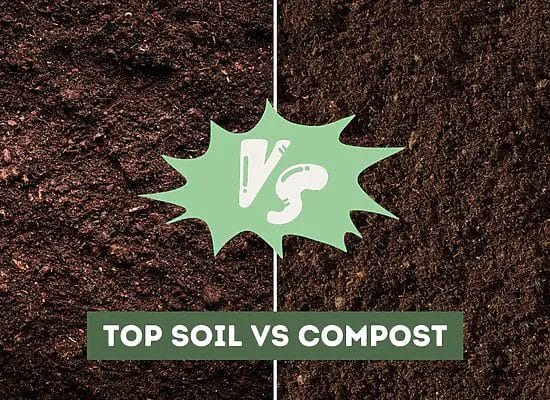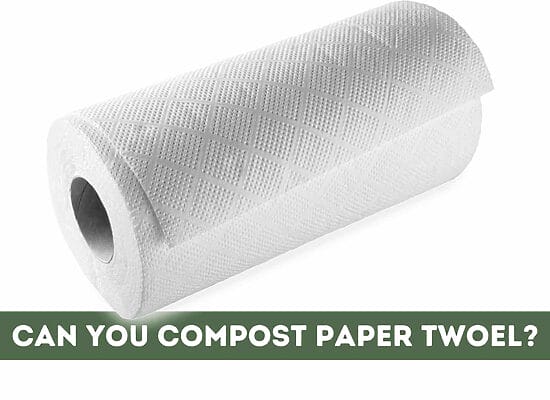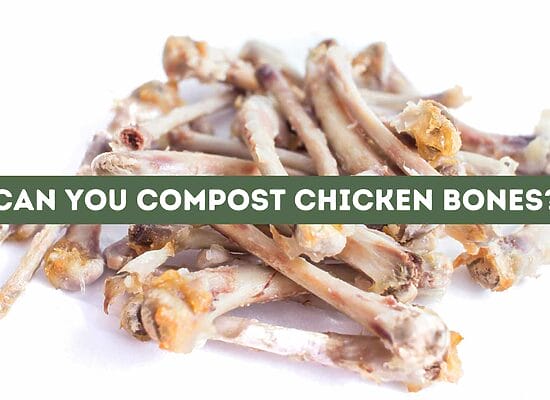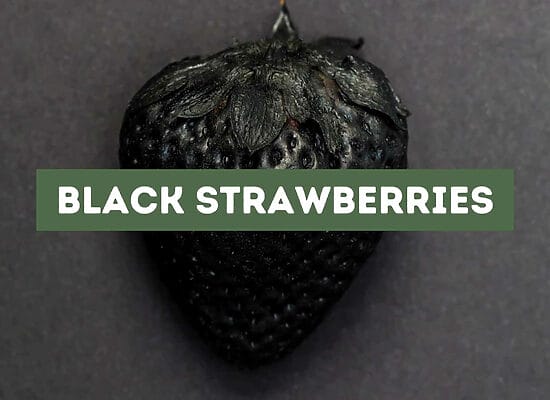
Snake plants are resilient houseplants known for their versatility and ability to adapt to various conditions. A common query among plant enthusiasts is whether snake plants can benefit from using coffee grounds. As a natural nutrient source, coffee grounds hold the potential to enrich the soil and foster plant growth. But do snake plants like coffee grounds?
Key takeaways:
- Snake plants can benefit from coffee grounds when used correctly and in moderation;
- Coffee grounds provide essential nutrients like nitrogen, phosphorous, potassium, and trace elements;
- Increase soil acidity, which is beneficial for snake plants as they prefer slightly acidic soil;
- Mix coffee grounds with compost or other organic matter before applying to avoid direct contact with the soil;
- Create liquid fertilizer by combining coffee grounds and water and letting it steep for a few days;
- Apply coffee grounds once every 1 to 2 months during the active growing season;
- Use 1 tablespoon of coffee grounds per 1 gallon of soil or up to a maximum of ¼ cup per plant;
- Monitor snake plant health and adjust care routine as needed, considering lighting, watering, and nutrient availability;
- Alternative fertilizers can also be used, such as commercial products, organic matter, or homemade solutions.
Can Coffee Grounds Benefit Snake Plants?
Yes, snake plants can benefit from coffee grounds, provided they’re used correctly and in the right quantity. Coffee grounds contain nitrogen, which supports plants throughout the growing period. Additionally, they can increase soil acidity – snake plants prosper in slightly acidic conditions.
To avoid issues like fungal growth and root rot, refrain from applying coffee grounds directly to the soil. Instead, opt for compost or liquid fertilizer made from coffee grounds to reap the benefits without harming the plant.
Coffee Grounds as Nutrient Boosters for Snake Plants
When applied correctly, coffee grounds can offer several benefits to snake plants. These grounds are nutrient-rich and can help improve the soil’s pH levels for optimal plant health.
Nutrients Found in Coffee Grounds
Coffee grounds are packed with essential nutrients, including nitrogen, phosphorous, potassium, and trace elements like chromium. Mixing coffee grounds into a snake plant’s soil as compost, mulch, or liquid fertilizer, can elevate soil quality, leading to healthier and more robust plants.
Coffee Grounds and Soil pH
Snake plants prefer slightly acidic soil. Integrating coffee grounds into the soil can promote a healthier environment for plant growth by increasing soil acidity. However, avoid applying coffee grounds directly to the plant, as this can lead to fungal growth, pests, and stunted growth.
Overall, when used appropriately, coffee grounds can be a valuable fertilizer for snake plants, providing vital nutrients and fostering a suitable soil pH environment for growth.
Precautions When Using Coffee Grounds on Snake Plants
Coffee grounds can be advantageous for snake plants if used properly. However, use them sparingly, as over-application can lead to acidic soil that could harm the plant. When using coffee grounds, follow these tips:
- Use used coffee grounds instead of fresh ones, as they have lower acidity levels.
- Mix coffee grounds with compost or other organic matter for optimal results.
- Apply coffee grounds in moderation to avoid attracting fungus or pests.
Combining coffee grounds with compost or other organic matter can enhance soil structure and encourage better drainage, which is critical for overall snake plant health.
Homemade Liquid Fertilizers with Coffee Grounds
You can use coffee grounds to create homemade liquid fertilizer for snake plants. One easy method is to mix coffee grounds and water in a container, allowing it to steep for a few days. Dilute the mixture before use to avoid damage to the plant.
Pros and Cons of Coffee Grounds on Snake Plants
Using coffee grounds as a natural fertilizer for snake plants can have both pros and cons. It is important to be mindful of the potential risks and downsides associated with coffee ground use.
Potential Benefits
Coffee grounds can boost soil nutrient availability, enhance soil structure and water retention while possibly suppressing pests and diseases.
Potential Risks and Downsides
Overusing coffee grounds or applying them incorrectly can lead to negative impacts, such as excessively acidic soil, compacted soil with reduced air circulation, or attracting pests like rodents or mold.
To minimize these risks, mix coffee grounds with compost or other organic matter before applying them to your soil, promoting healthy soil and reducing potential harm to your snake plant.
Alternative Fertilizers for Snake Plants
While coffee grounds can contribute to snake plant health, numerous alternative fertilizers can also promote growth. Commercial fertilizers, organic matter, and homemade solutions can all provide essential nutrients for snake plants.
Consider slow-release granular and liquid fertilizers formulated for indoor plants or organic alternatives like worm castings and compost. Homemade liquid fertilizers using fish emulsion or seaweed extracts can also supply critical nutrients to your snake plant.
Proper Application of Coffee Grounds to Snake Plants
Using coffee grounds as a natural fertilizer for snake plants can be advantageous when applied responsibly. Follow these guidelines to maximize benefits and maintain plant health:
Recommended Methods
Avoid applying coffee grounds directly to the soil. Instead, use compost, mulch, or liquid fertilizer made from used coffee grounds. For compost, mix the coffee grounds into your compost pile and allow them to break down, releasing their nutrients over time. To create liquid fertilizer, combine equal parts coffee grounds and water in a container and let the mixture steep for a few days before use.
Incorporate the compost or liquid fertilizer into the soil surrounding your snake plants, ensuring you mix the soil well for even nutrient distribution.
Application Frequency and Amount
Snake plants require minimal fertilization, so apply coffee grounds only when observing slowed growth or signs of nutrient deficiency. During the active growing season, typically spring and summer, consider using coffee grounds once every 1 to 2 months.
Apply 1 tablespoon of coffee grounds per 1 gallon of soil, with a maximum of ¼ cup per plant. When using liquid fertilizer made from coffee grounds, dilute it by half and use it once or twice a month during peak growth periods.
Monitoring and Adjusting Snake Plant Care
Regardless of the fertilizer type used, continuously monitor your snake plant’s overall health and growth. Look for any signs of nutrient deficiencies, such as yellowing or drooping leaves, and adjust your care routine accordingly.
Remove dead leaves, maintain proper lighting conditions, and avoid overwatering your plant to ensure its long-term health.
In conclusion
Snake plants can indeed benefit from coffee grounds when used correctly and in adequate quantities. This readily available natural fertilizer can provide useful nutrients and improve soil conditions for your snake plant, boosting its growth and well-being.
However, always exercise caution and moderation when using coffee grounds on your snake plant, monitoring its health and making adjustments as necessary. By doing so, you can create an ideal environment for your plant to thrive, enjoying its beauty for years to come.












